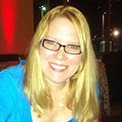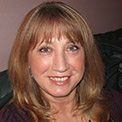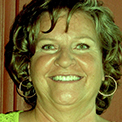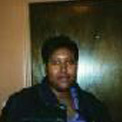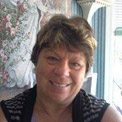Christian Recovery: Adult Children of Dysfunctional Families
Every one of us grew up in an imperfect family. Whether there was alcoholism, drug use, other addictions, verbal, physical, sexual, or emotional abuse, mental illness, perfectionism, emotional or physical neglect, criticism, chronic illness, rigidity, favoritism, rejection, chaos, or any other experiences that prevented us from feeling loved, accepted, and validated, we need to understand how our past affects us today.
We may not even know what was wrong, only that our lives and relationships aren’t working.
Dysfunctional families have the following characteristics:
- Poor communication
- Family secrets
- Enabling
- Denial
- Blame
- Strong emotions or intolerance of emotions
- Poor boundaries
- Pain
- Rigid rules and inappropriate roles
- Addictions
- Neglect and abandonment
- Difficulty accepting differences
- Unreasonable expectations
- Chaos and turmoil
As Adult Children of Dysfunctional Families, we share many of these characteristics:
- We have trouble with intimate relationships: We can’t trust others. We are afraid of being abandoned and unwilling to be vulnerable out of a fear of being hurt.
- We create patterns in our adult life that are similar to the ones we grew up with– even though we vowed we never would.
- We feel stuck in the past and unable to let go of events and people.
- We are people pleasers and fear disapproval and rejection.
- We overreact to things in the present.
- We try to control everyone and everything.
- We feel different and less than other people. We never feel good enough.
- We are either super responsible or super irresponsible.
- We may struggle with addictions and compulsions of our own.
- We are overly dependent on others, completely independent, or swing between the two extremes.
- We look perfect on the outside, but we are struggling on the inside.
- We are depressed, angry, unhappy, sad, guilty, fearful, lonely, hurt, or continually frustrated without knowing why.
- We may act out destructively toward ourselves, making poor choices and not knowing why we do what we do or how to stop.
- We create turmoil in our lives and relationships, because it feels familiar.
- We are loyal to people even when we shouldn’t be.
- We see God as critical and demanding and have trouble accepting His unconditional love.
- We are critical of others and extremely critical of ourselves. Yet, be may be unable to take criticism from others.
- We may still be trying to get our parents and others to give us what we didn’t have as children.
- We may continue to struggle with our family of origin to the point that our lives are unmanageable but not know how to do anything different. Or, we cut them completely out of our lives, because it is too painful to be involved.
Some of our behaviors were necessary survival skills in our dysfunctional families. These include: denial, independence, emotional isolation, taking care of others, ignoring ourselves, anger, criticism, keeping secrets, being strong, hiding our emotions, fixing others, acceptance of abuse, inability to set boundaries, addictions, and self-denial. They worked for a while, but prevent us from living healthy lives today.
The past sins of our families will be passed down to the next generation, unless we stop the patterns by changing ourselves (Exodus 20:5). The purpose of exploring our childhoods isn’t to blame and condemn our parents or others or to escape responsibility. It is to gain understanding about what happened, how we were and are affected, and to come to terms with our past, so we can let it go. This process sets us free to live abundantly and to love God, others, and ourselves.




